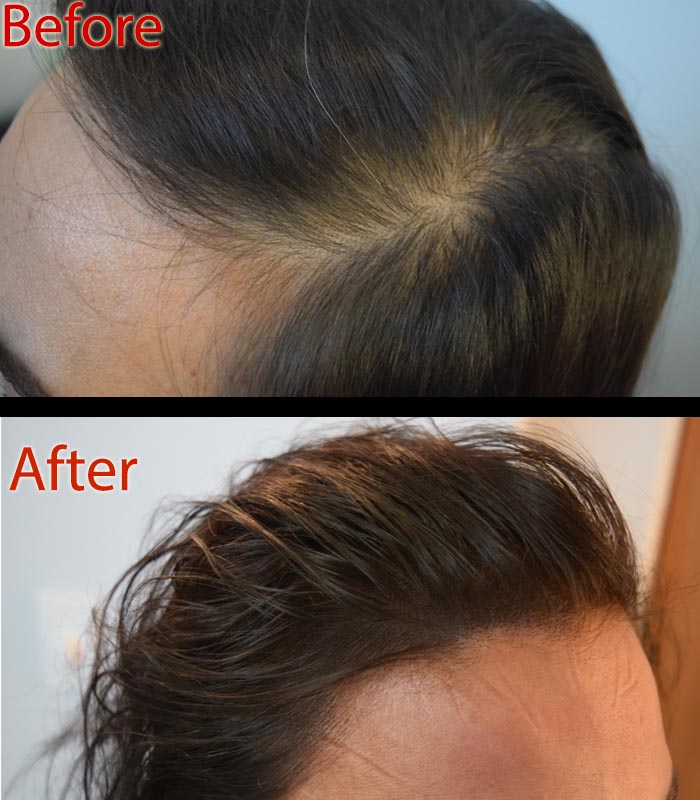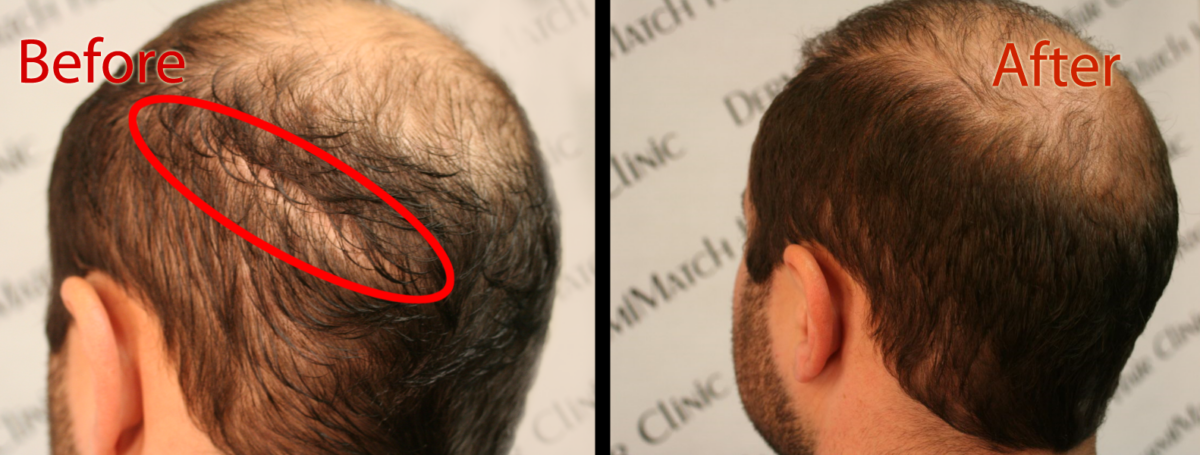Is hair loss after pregnancy real? Why does a woman lose hair during this period? Well, pregnancy does not cause hair loss. Rather, hair growth is in full swing for an expectant woman as hormone levels are high. During pregnancy, a woman’s hair may transition from the growing to the resting phase. As a result, there is no hair shedding. In fact, a pregnant woman enjoys fuller and thicker hair during this time.
But hormone levels drop as soon as she delivers her baby, causing hair to suddenly transition to the shedding stage. When that happens, a new mother starts to experience incessant hair shedding because the hair in the resting phase starts to fall. This happens usually 12 weeks postpartum. A good diet can help, but not significantly at this stage.
Hair loss After Pregnancy Is Real
When you have brought your child into the real world, your body experiences many changes as it returns to its normal state. Your hormone levels that were in full swing during pregnancy start to return to normal within 3 months of delivery. Now is the time when you’ll start noticing increased hair shedding. But it is natural to lose excessive hair after delivery. This phase is only temporary but may last a few months before hair starts to grow back.
Unfortunately, some new moms may still not see any significant hair regrowth. For such moms, the causes could vary. They should see a physician to determine the cause.
Hormones and Hair Loss
Other factors that affect hormonal balance include:
- Menopause
- Going on/off contraceptives
- Endocrine disorders
- Women with PCOS
- Hereditary
What’s the treatment for hair loss after pregnancy
If excessive hair shedding disturbs your peace of mind, you might look for treatment options. But there aren’t any proven hair loss treatments that deliver permanent results. That means hair loss may still begin during or after the treatment. In some cases, hair shedding begins as soon as you stop the treatment. Does that serve you any purpose? Of course, not!
So what’s the best way out?
Luckily, many women have chosen scalp micropigmentation in Pheonix after pregnancy to overcome hair-shedding blues. These women cannot stand the sight of hair loss after delivery and seek a permanent solution.
Here, SMP comes to their rescue in hiding the scalp problems caused by excessive hair loss. As a result, they experience renewed self-esteem and self-confidence that seem to have been lost due to hair loss after pregnancy.
Why SMP?
Well, the best thing about this hair restoration procedure is that it is painless and non-invasive. You can walk into the SMP clinic and stay there for 3-4 hours for the procedure and then return home the same day. Recovery is quick, and the results are realistic.
During the procedure, SMP professional implants scalp micropigmentation ink into the scalp areas that require attention. This could be bald patches, thinning hair, or a receding hairline. The natural-looking results are not noticeable if the Pheonix SMP practitioner is experienced and skilled in scalp micropigmentation for women hair loss.
So what are you waiting for? If hair loss after pregnancy is causing you distress, consult with the best SMP artists in Phoenix at DermiMatch Clinic today. Now you can walk out with a smile and confidence after getting scalp micropigmentation to conceal your pregnancy hair loss.


